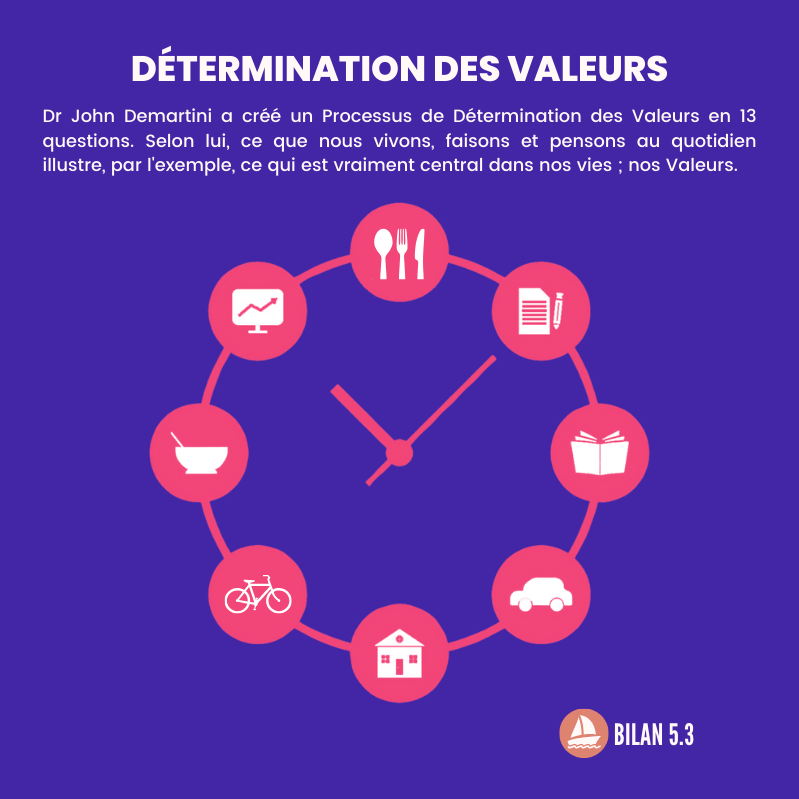
How do I tell the kids?
One in three marriages break down. And many of these breakups involve children. What makes sense: divorce or stay? And how do you say such a thing? We asked for advice from Jean-Pierre van de Ven, psychologist at the Mental Health Fund.
1. When do I tell the children that we are getting a divorce?
“Tell them at an opportune time. Parents often think that children don’t know that they break up, but children know that very well. Playing nice weather is contagious, so if you do this now, your child will too. This will complicate your contact and later also your child’s contact with intimates.
Children always get into a loyalty conflict. Keep that in mind: Emphasize that you’re breaking up for reasons that concern you, not because of the kids. Explain that they don’t have to choose, that you will continue to care for them together. Also tell them that they will feel that they have to choose, that this is normal, but that choosing really isn’t necessary.”
2. How do I prevent unrest in our house?
“Arrange care down to the last detail. No ad hoc hassle and panic solutions, the children already have so much new to get used to. If you are restless, your children will be too.”
3. How do I deal with my children’s grief?
“Let children to grieve. Divorce is a big blow, even for them. Losing their perspective is a great loss. Some children talk a lot, others don’t at all. Respect their way of grieving. Do bring up the divorce every now and then, so as not to make it a taboo; this hinders the processing process.”
4. What is a good way to get rid of the ‘unsafe’ feeling in my children?
“Make sure you keep in touch with your children. Visit them more often, play with them or talk to them, be close to them. That way they see that they don’t lose you too. Parents who divorce sometimes neglect their children because they are self-centered And being preoccupied with their own grief. Try to avoid that.”
5. When do I introduce my new partner?
“Be careful with new partners: don’t introduce them right away, don’t move in together or go on vacation right away. Children quickly think that they have to accept a new mom or dad and throw the old one overboard and this is of course unacceptable for them. This increases their loyalty conflict .”
Jean-Pierre van de Ven is a psychologist at the Psychiatric Health Fund and at Kor Relatie. Kor Relatie is a national helpline for people with psychological and psychosocial problems. Correlation provides free advice and assistance to anyone who asks. This can be done anonymously, both by telephone and via email or chat. Psychologists and social workers listen, explain the problem, advise and, if necessary, refer you to a reliable specialist care provider.













